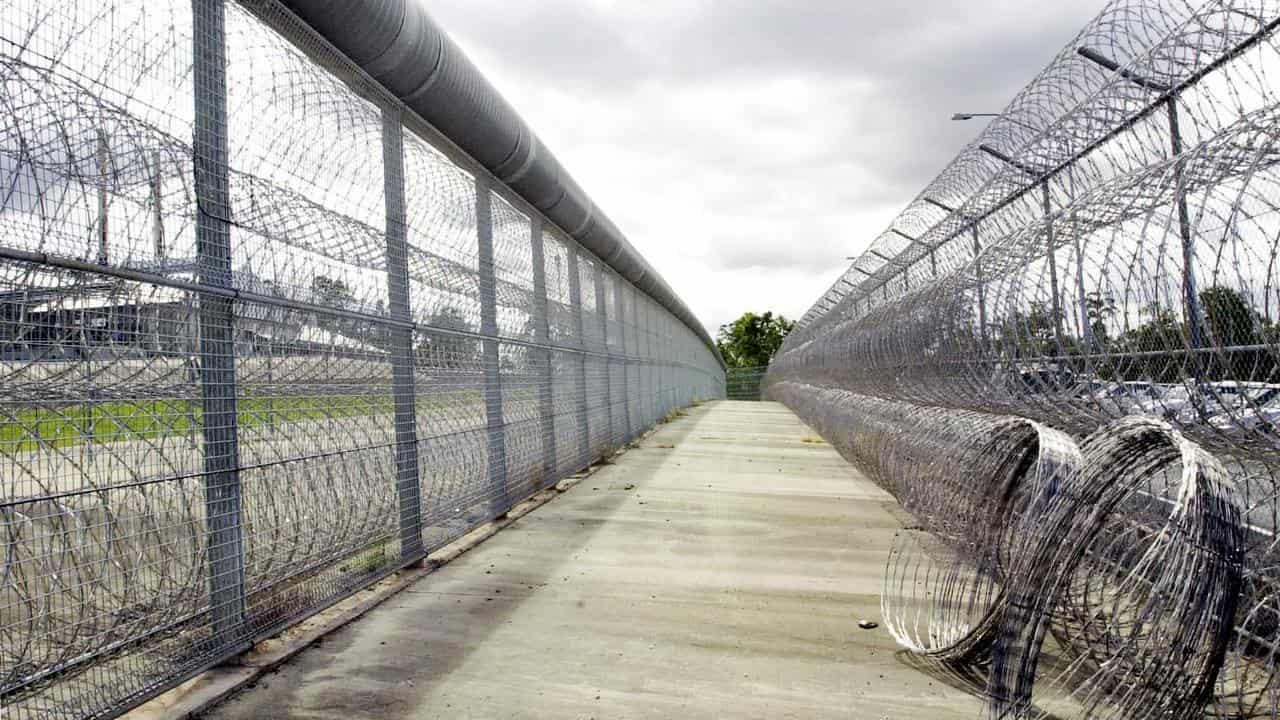
Justice advocates are calling for targeted and alternative ways to reduce crime after a report painted a picture of Queensland's prisons as a "system in crisis".
The Justice Reform Initiative's report highlights Queensland's 44 per cent rise in incarceration in the past decade and a prison system "churning people through" as evidence for different approaches.
The group, which includes former politicians, judicial figures, experts and indigenous leaders, are calling on the state government to significantly expand and evaluate community-led organisations and programs that can successfully break the cycle of incarceration.
Executive director Mindy Sotiri says the evidence was overwhelming.
“The research is very clear that imprisonment not only fails to reduce crime but does so at extraordinary expense and harm to the community,” she said following the report's release on Tuesday.
“This longstanding approach to justice has resulted in dramatically increasing prison populations, skyrocketing costs for Queensland taxpayers, and thousands of people cycling through a prison system that fails to rehabilitate, deter reoffending, or prioritise community safety in the long term.”
Annual imprisonment costs hit tax payers more than $1 billion, with more than $859 million for adults and $218 million for children.
Planned prison expansions across the state and two new youth detention centres will also come at an enormous cost to the state.
More than two in three people in Queensland's prisons have served time before and 267 children were incarcerated on an average night last year, the report says.
Recommendations and programs to improve the state's burgeoning prison population include early intervention and prevention programs, First Nations place-based approaches and bail support programs - which the report says slashes reoffending by 33 per cent.
Dr Sotiri implored the government to invest in evidence-based programs outside of the justice system.
"These prison expansions are an incredibly short-sighted investment in a system that doesn’t work,” she said.
“Community-led programs in Queensland are already achieving dramatic reductions in crime and youth justice contact, particularly those run by First Nations-led organisations, but we have only seen a piecemeal approach to resourcing, expanding, and evaluating these alternative approaches.
“This is a system in crisis. It is time to acknowledge we cannot imprison our way to a safer society.
"We need to follow the evidence and focus attention and resources on programs that build pathways out of the criminal justice system.”
But Police Minister Mark Ryan defended the government's prisons and action on youth crime, identifying numerous laws implemented recently.
He said there wasn't one person in the community that would want any offenders let out of prisons.
"The government wants to prioritise community safety which is why we've strengthened those laws.
"Of course we've invested in those additional intervention programs and rehabilitations programs.
"But the facts remain that if people want to commit serious crime, the parliament and government have acted and strengthened those laws and those offenders are in custody."



